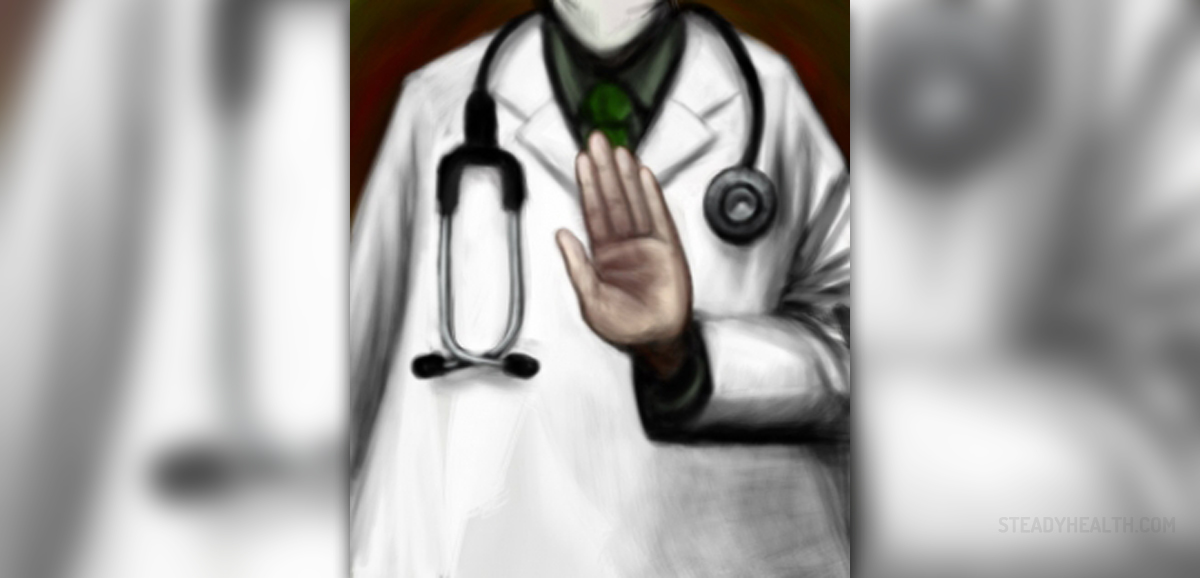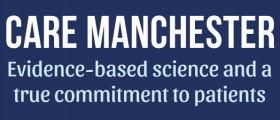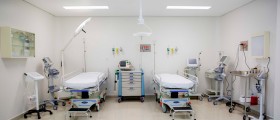
This article aims to answer a number of medical negligence related questions. Statistics provide us with a disturbing fact:
And that is that more and more patients are popping off from under the hands of doctors and nurses. The statistic also provides that about 2 billion is paid to the bereaved families – all thanks to medical negligence.
Some of those are results of doctors and nurses failing to provide medical attention along the lines of over-drugging their patients and failure to unblock breathing apparatus – which is a real shame to admit. The results of these mistakes are often taken for the only plausible ways things could have played out, as in: they did all they could. And this simply isn't true.
Recognizing Medical Negligence
It is a common belief that medical professionals will do their utmost to provide the patients with the necessary care they so direly need, so long as they are occasionally reminded by the government of the fact that they will most likely have to sign compo checks otherwise – if their own personal ethics overlook the fact that failing to deliver also means putting a person into an early grave.
Who's to blame?
But it's not all the doctor's fault. The fact is, that the national medical health care system is in some need of support, itself. There are two critical reasons which hinder the delivery of proper medical care today.
The first of which is: there's not enough money invested in the national medical system. The medical staff do their utmost, but that simply isn't enough. And that's because they are overstocked so to speak. They are people, too – not robots –, yet they are expected to do their work as is they were machines. Bluntly put, we need more medical staff.
The second of which is: the government needs to make extra sure that the people who are doing their jobs are actually qualified do be handling them. One of the factors which may prove otherwise is the lack of experience of a particular professional in his or her fields, leading to seemingly trivial slips during the process of nursing and providing attention, which in turn lead to dire consequences.
Bluntly put, cutting corners, economically, simply is not not an option when it comes to medical care. As provided above, this kind of poor judgment may only lead to mistakes such as: hiring under-qualified personnel and going cheap on the equipment on which we are, at the same time, counting on to save lives.

















Your thoughts on this
Loading...